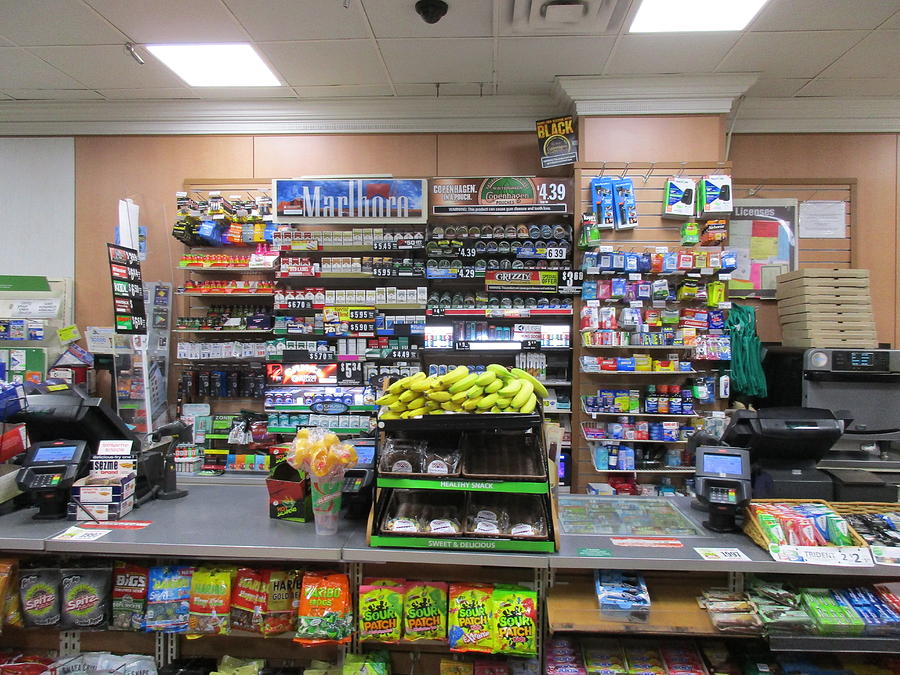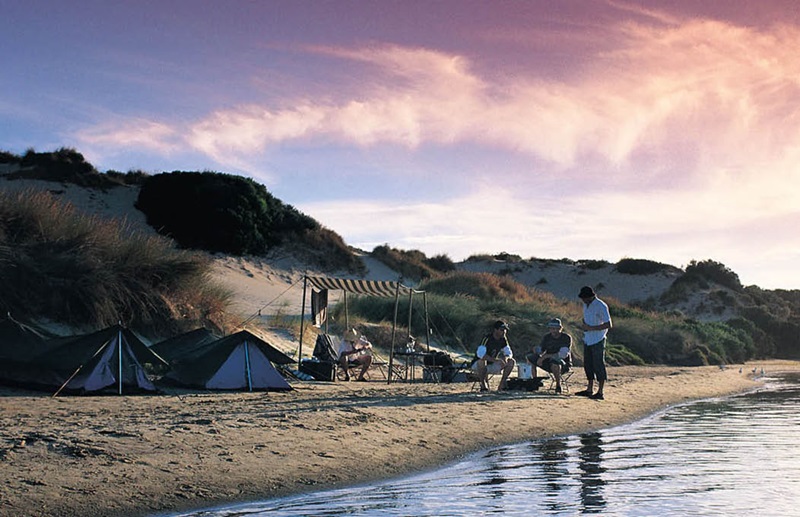Paint the counter
My first job when I graduated from university was at the H J Heinz company in Dandenong Victoria. I was an assistant product manager for Heinz baby food. Mind you, what I knew about babies would have fitted into one small jar.
Baby food was an important product range for the company … in many ways. Heinz had a dominant share, it was quite profitable and a huge responsibility. Everyone was acutely aware that one slip that poisoned just one baby and you are out of business and you would probably take the rest of the company down as well.
In my early years I spent time with sales reps visiting major retail and wholesale accounts and learning how the grocery industry worked. I quickly realised that the manufacturers had little power and were often screwed on everything from margin to co-operative advertising fees. The stronger your brand with consumers, the less this happened.
Times weren’t always prosperous. It was a tough business. But I learned some valuable lessons along the way. One simple lesson I have never forgotten was a quote from a category buyer for a large retailer.
He said to me …
“When times get tough, paint the counter”.
For several years I interpreted his quote quite literally. That is, when things slow down, do maintenance stuff. But as I thought about, other meanings emerged.
In good times, there are customers at your counter and the last thing you’d do is disrupt them, by painting the counter they are standing in front of. In fact, as long as there are customers, even just a couple of customers, at your counter you won’t paint it. Businesses become so obsessed with sales and meeting customer needs, and dependent on the revenue these sales generate, in normal times we rarely stop to paint the counter.
In a wider context, stopping to ‘paint the counter’ can mean anything from what colours best represent our business and our brand? To questioning whether you even need a counter anymore? These are questions generally only asked when there are no customers standing in front of it.
Times like we are experiencing today.
This crisis is a unique, hopefully once in a lifetime, opportunity to ask these questions, because when customers return, the colour, condition or reality of your counter won’t raise a whimper. You’ll be too busy again to worry about menial stuff like your counter.
You have maybe three to six months to think about ‘your counter’ before you are consumed by lots of more pressing issues. Take this time to pause and review everything, reinvent your business, get rid of the products that take up space but aren’t worth the effort, analyse and focus on the customers you really want, not the ones that consume all your time and energy for little return. Re-evaluate your purpose, your organisational culture and beliefs, your priorities. Start again. You should do it every couple of years anyway, but now is the perfect time because there are no customers to distract you.
This crisis has also forced us to revaluate and reassess our priorities. There is another related saying that goes …
‘We spend most of our time doing what is urgent, rather than what is important.’
Spending more time at home with family, being careful about how we earn and spend money, reading, smelling the roses, caring about our health etc are as important in our daily lives as working, but they never seem to get the space, time and attention they deserve. It has never been a better time to reset a few personal priorities and values and to appreciate what is truly important in our lives.
Another great strategic tool I learned along the way, that is worth considering in this down time is to be your own worst competitor. That is, before someone comes along and undermines your business, steals your staff or customers, duplicates your product etc … do it to yourself. Get your key people together and ask a simple question …
“Knowing what we know about this business, how could we bring our business to its knees?”
If you go through this exercise you will appreciate and address your vulnerabilities and in turn have the opportunity to do something about them now before a real competitor does it for you later. Do it now while you have the opportunity and time to think about it.
Boredom is the mother of invention. Not to take anything away from ‘necessity’ but boredom is a great way to think about new ways of doing things. Because you have time to think things through, unclutter your mind, do more good research, do more constructive thinking. Boredom generates creative thinking, necessity generates survival thinking.
Also, it is worth remembering that this is largely a crisis of supply, not demand.
There are still people out there wanting to buy a coffee at 10am, wanting to learn new skills, desperate for a holiday, wanting to renovate their houses, save money, feel secure. One thing that won’t go away is our basic needs for food, drink, shelter, security etc. These needs adapt to changing environments and circumstances, but never go away.
We may be isolated in our homes with rearranged priorities but we are the same people with basically the same needs. I’m surprised more businesses haven’t adopted a ‘drive through’ mentality. Cars are isolation cells. So sell products through the car window … from coffee to meals, hardware to games.
Click and collect should be booming!
As long as there are people/customers with needs, business will survive. It is the only reason they exist anyway. You can bring needs forward (toilet paper) or you can postpone them (holidays), but the basic drivers of these needs remain consistent. As such, there will be a massive over supply of toilet paper in six months time, and you’ll be struggling to find a good vacation spot. Our basic needs can be supressed for a period of time, they certainly change (and always have) but they never go away.This is a unique time in our history. Some things will change forever and some will simply return to the way they were.
Make the most of this moment…
Paint your counter.




